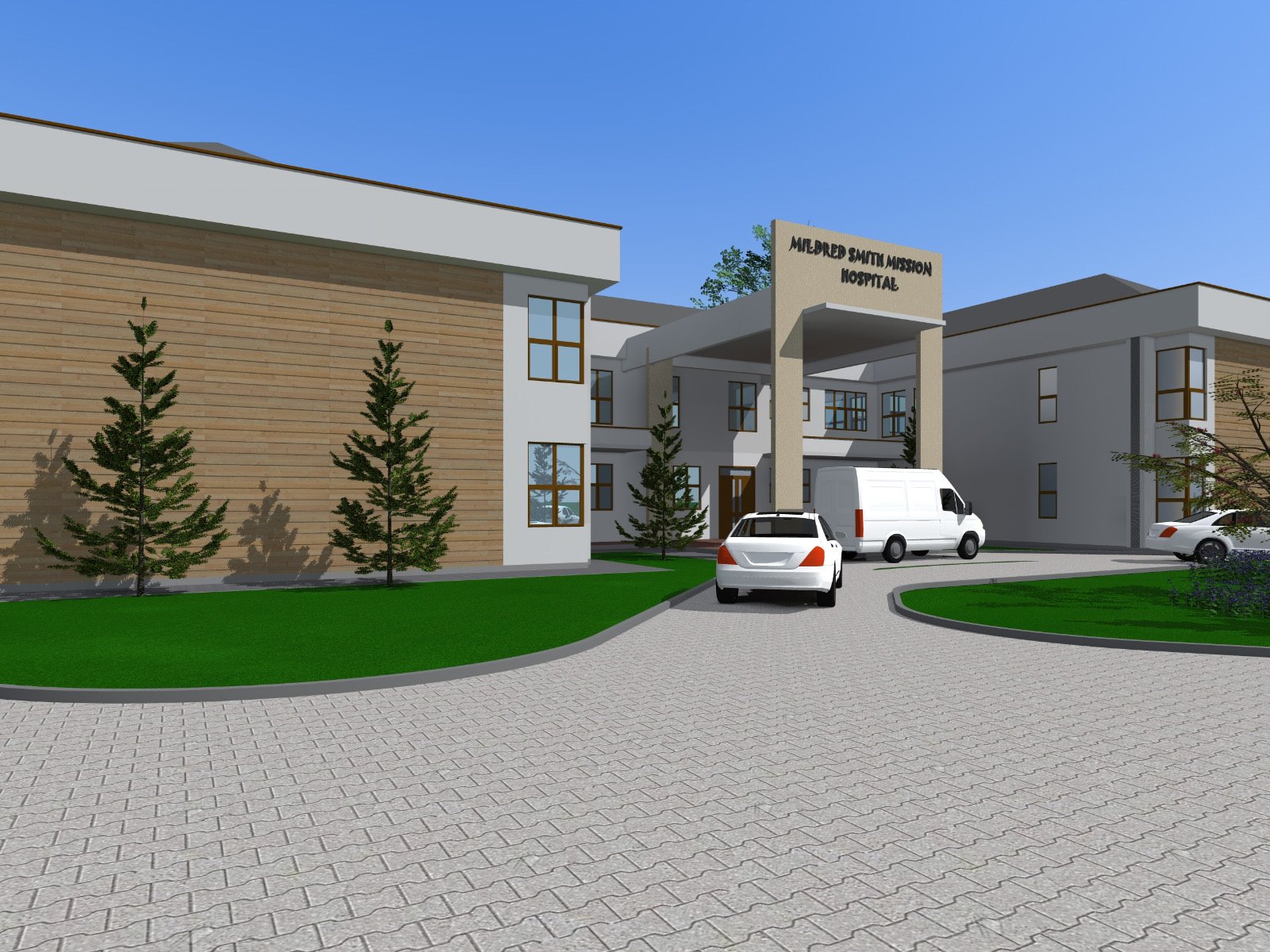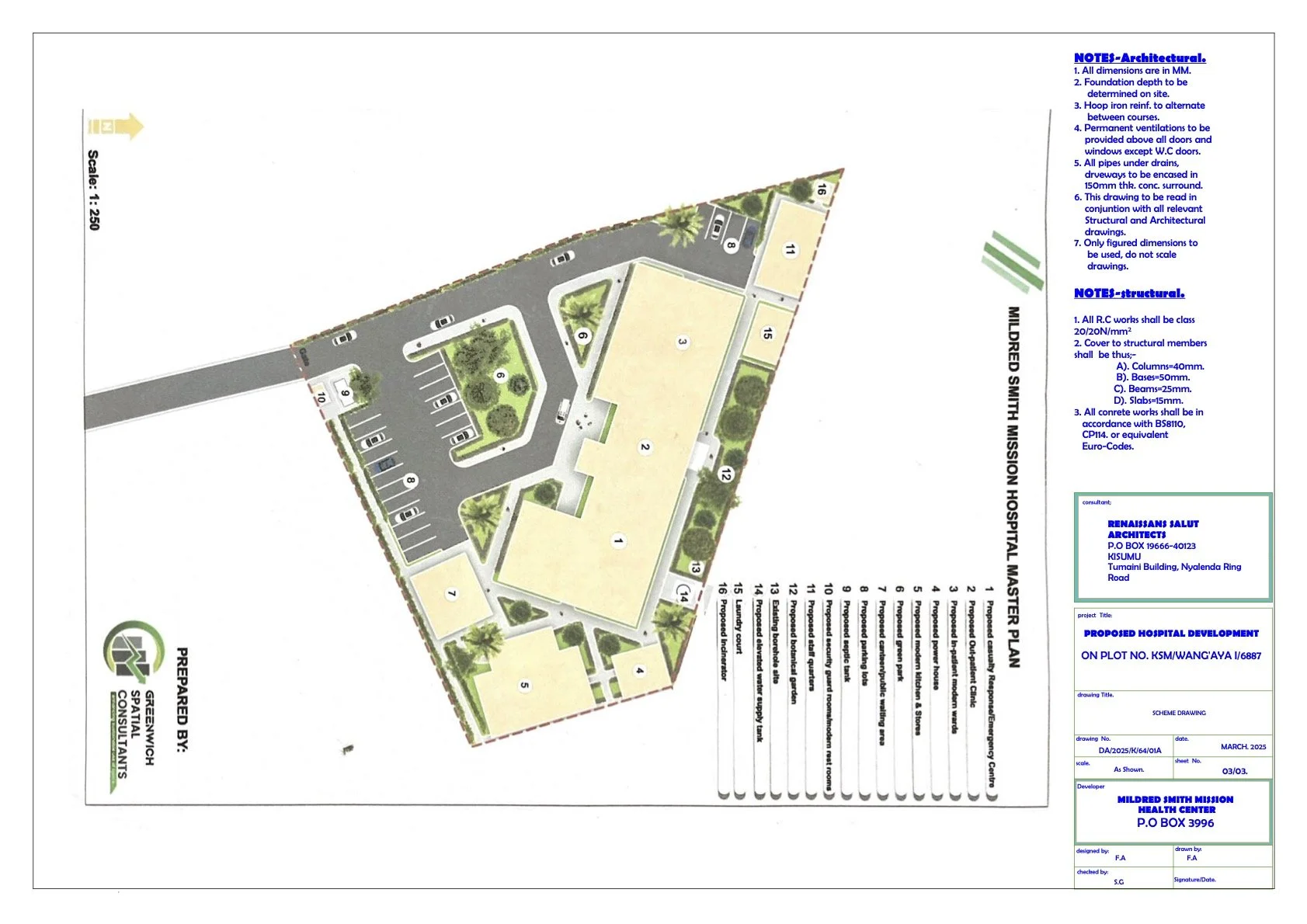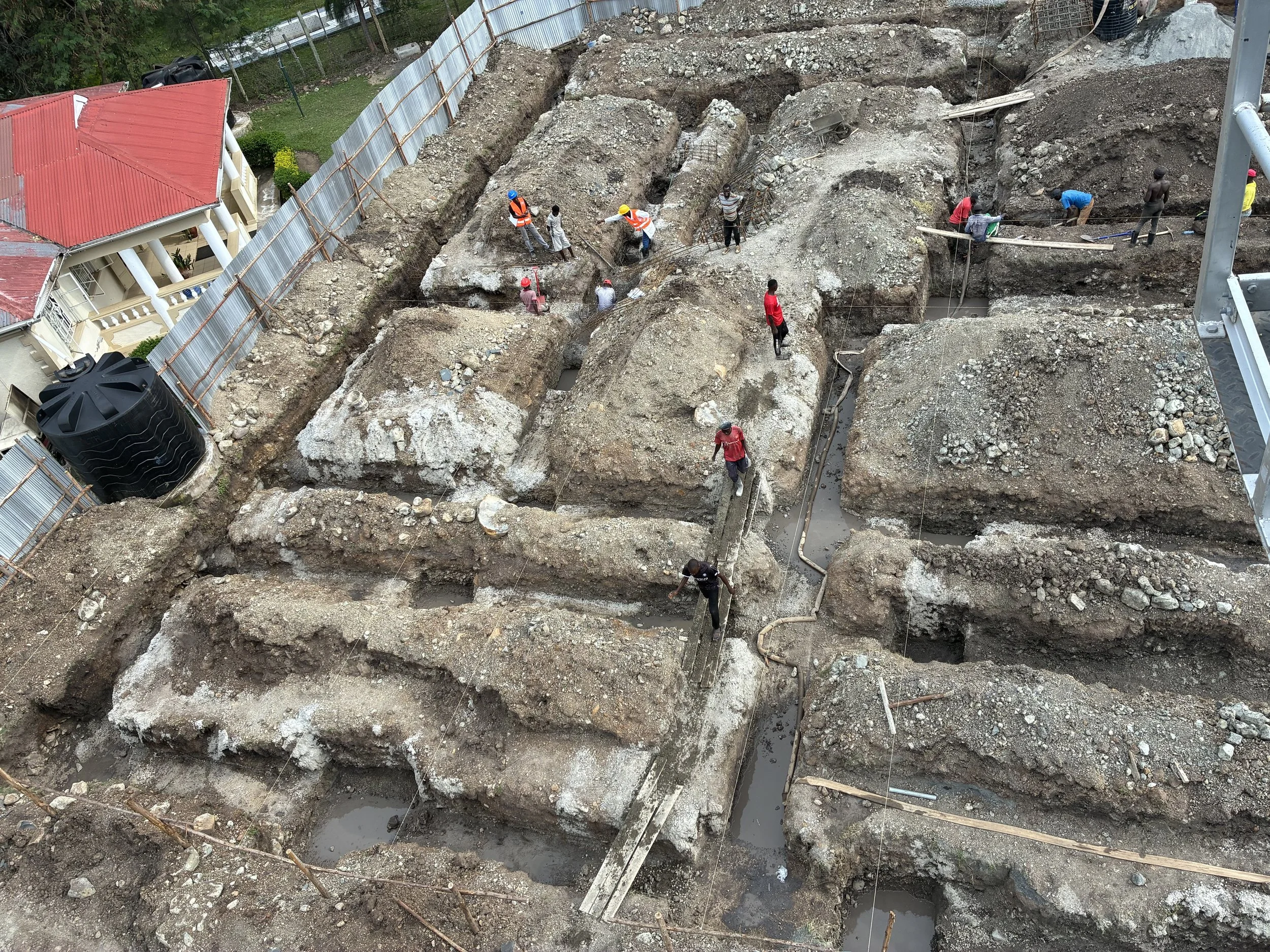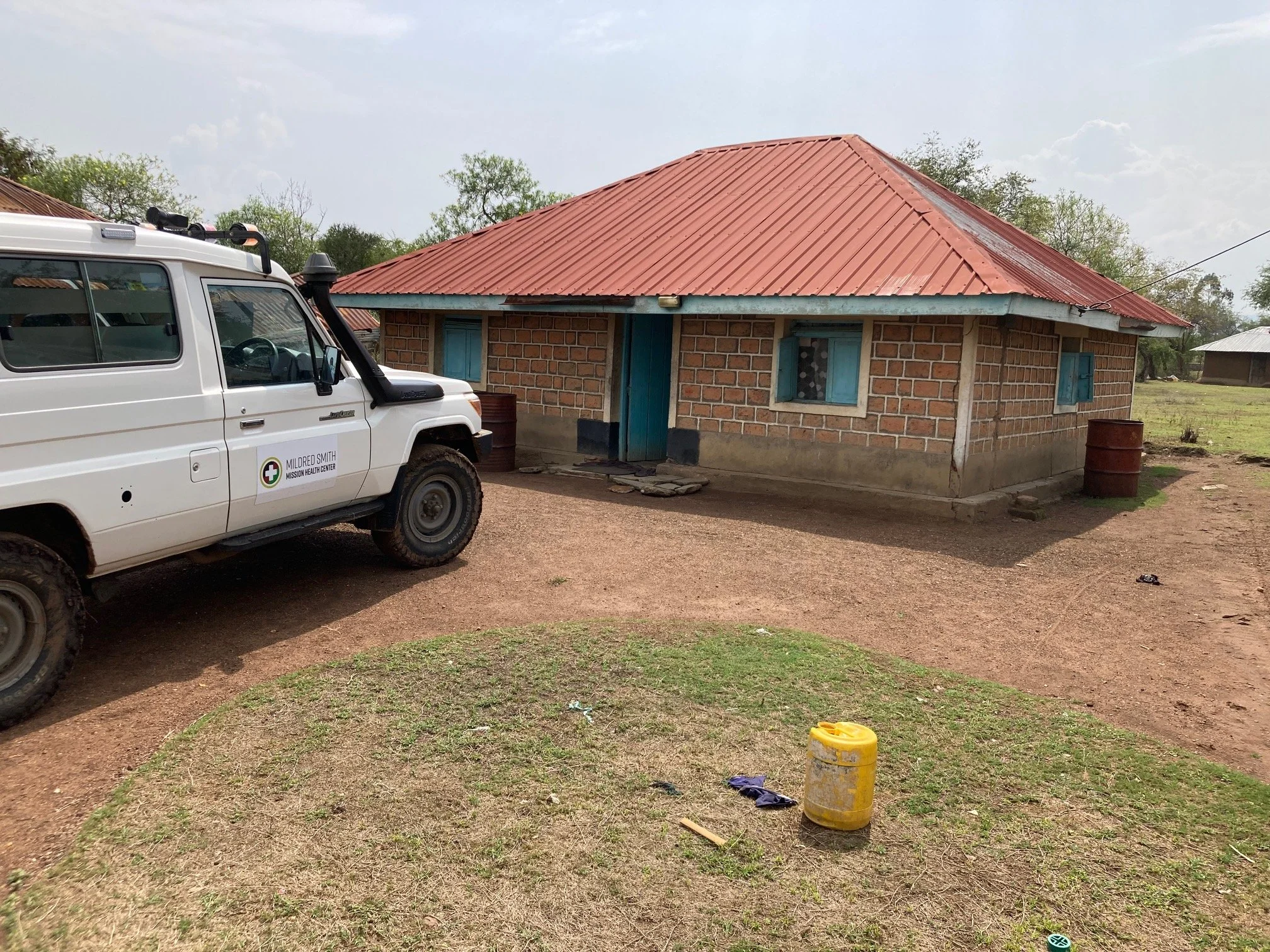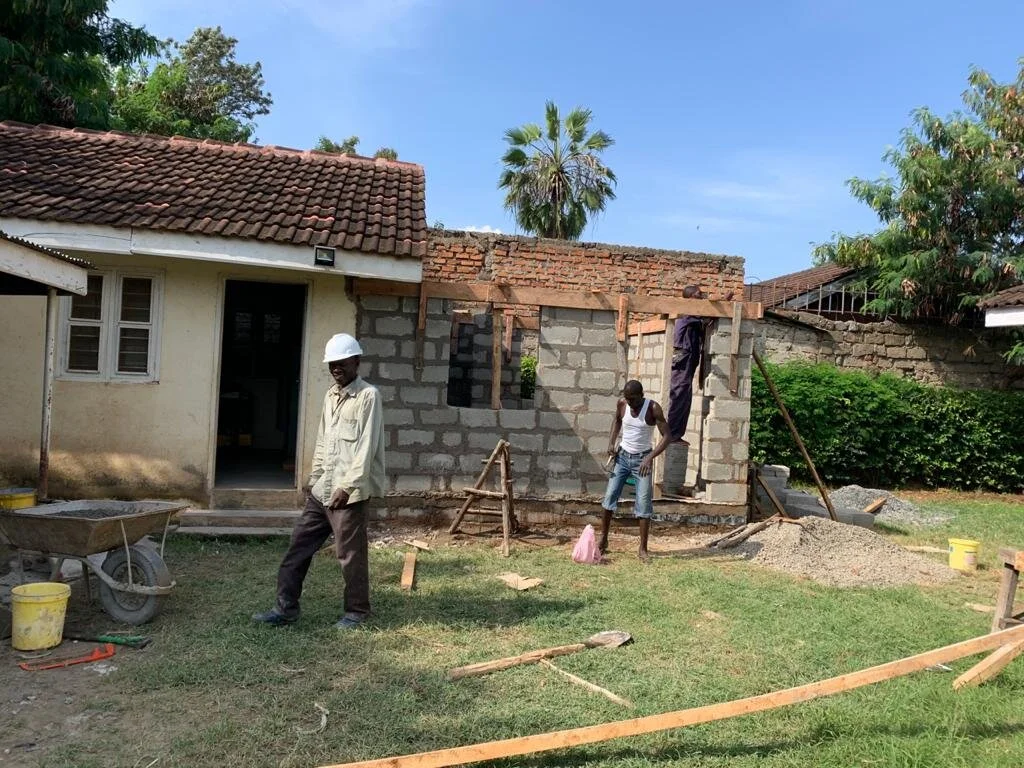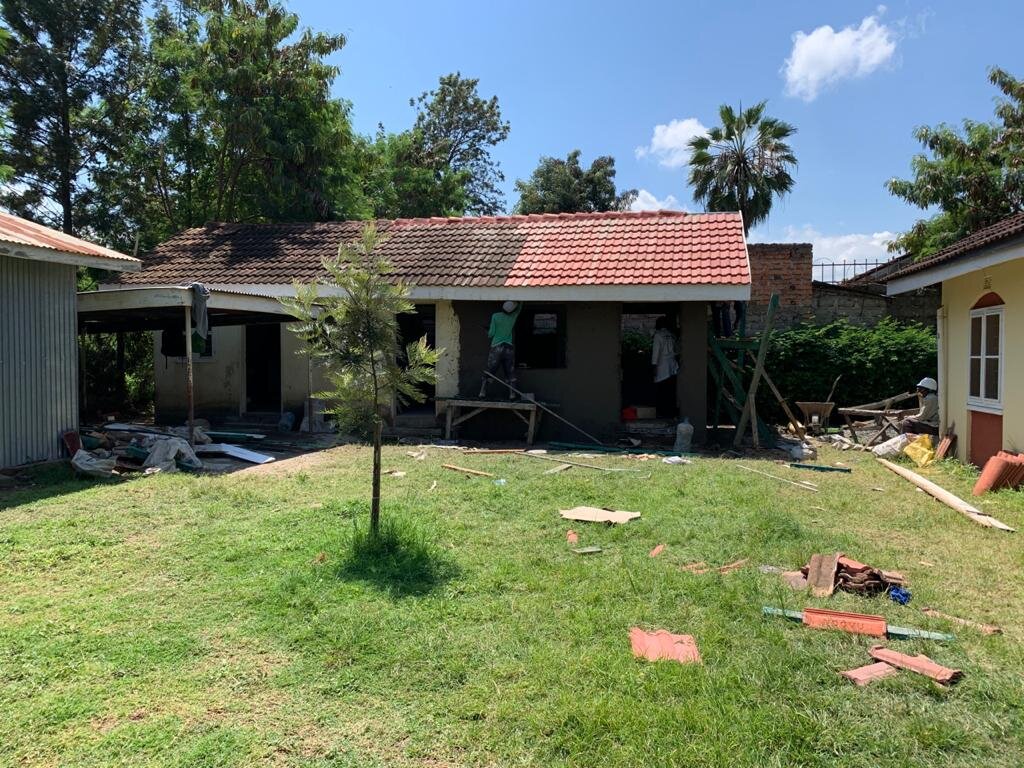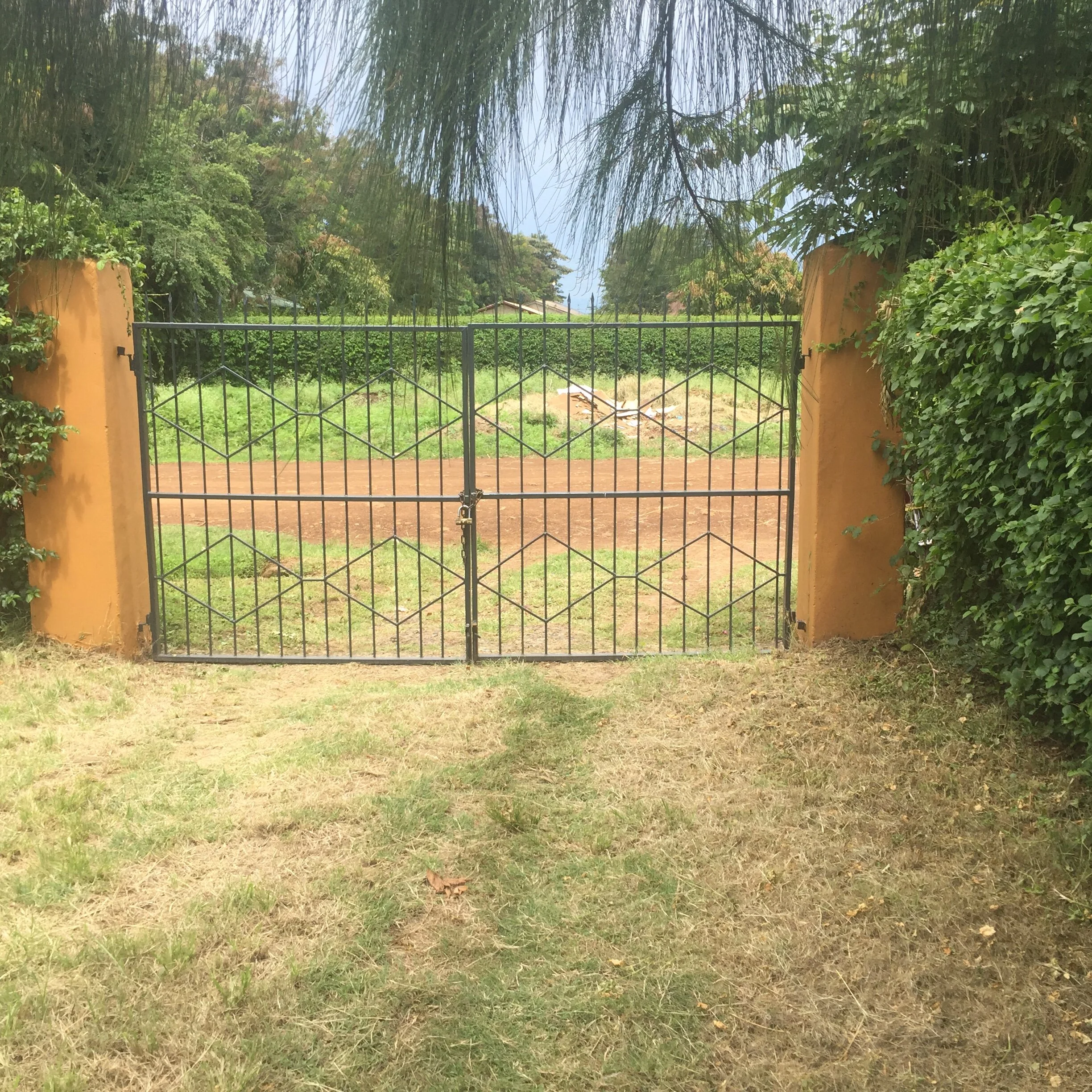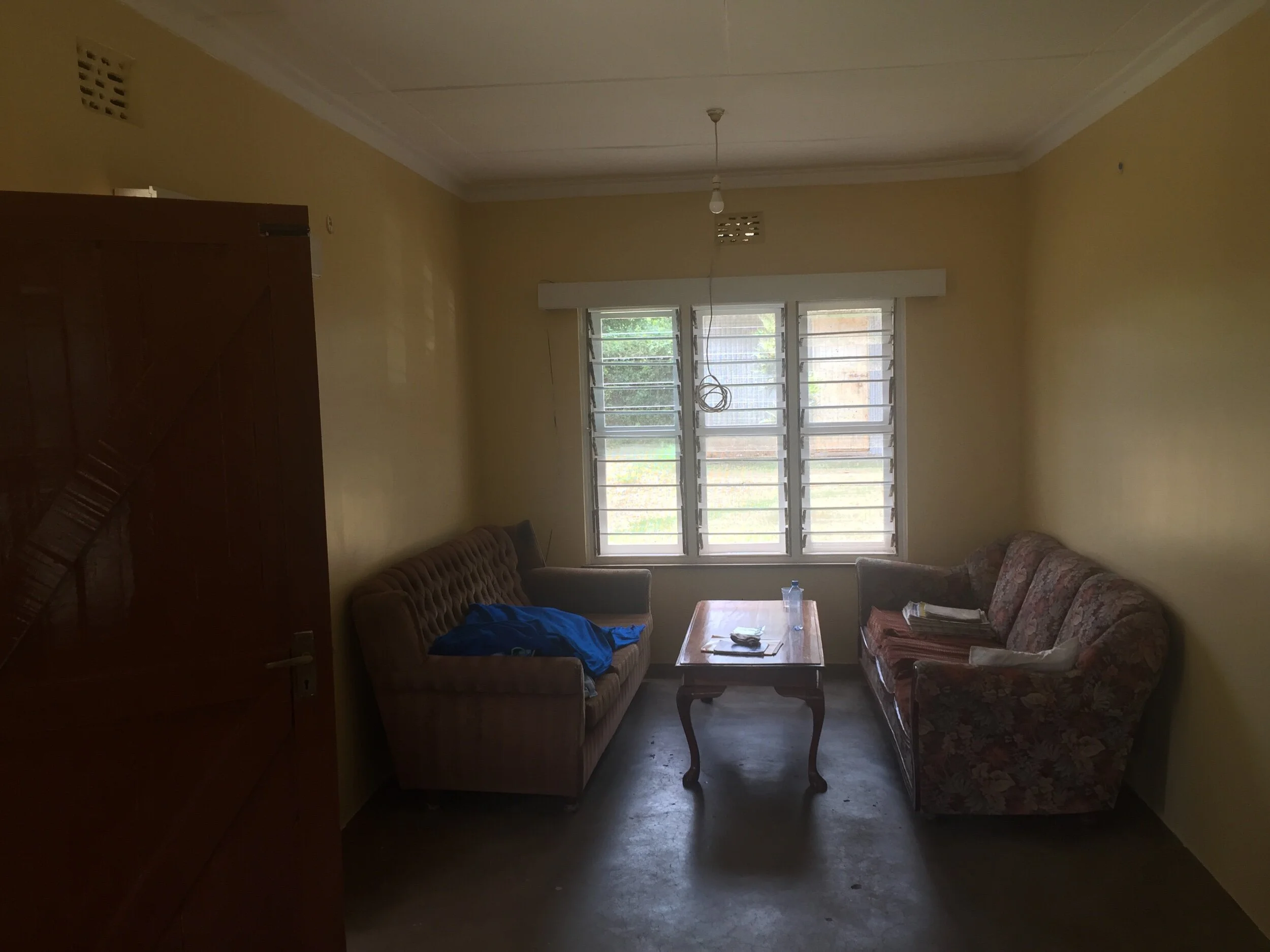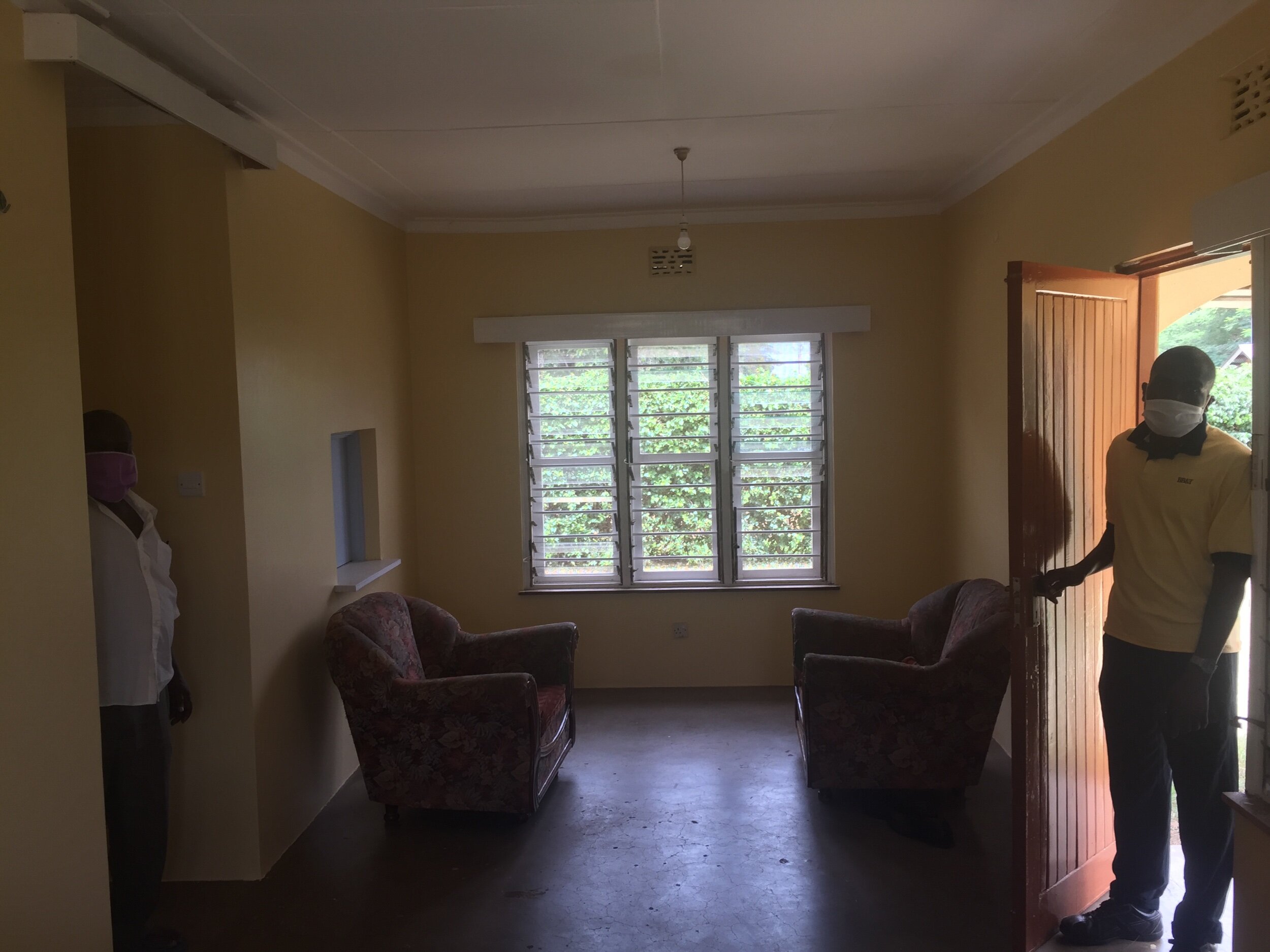Giving Thanks
I love the time between Thanksgiving and Christmas. It is always a time remembering all the blessings of the year, and then celebrating the coming of the One who makes it all possible. Followed, of course by a new beginning, where anything is possible in the new year. For us, this season has been especially wonderful, as the Mildred Smith Mission Health Center has become a reality! Yes! Just 2 years, 2 months and 2 days after being incorporated as a not-for-profit corporation, we started seeing patients at the Kisumu clinic. I have no idea how that time ranks in comparison to other people/s endeavors, but I can honestly say it is new record for me...since it is the only not-for-profit overseas clinic I have ever opened.
Since I was supposed to be chronicling our progress in this blog, I will give a recap of the journey before I get into the thank-you’s. Judi and I came back to Kenya in August. The work on the clinic property was still in full swing, with the room with the bathroom still being finished up, the glass panes panes in the louvered windows being fixed, the tin shelter room being made into a useable building, furniture and desks being purchased for all the rooms, and the gate being fixed. While we were in the US, the pharmacy area had been partitioned off by a metal grate, the kitchen area had been made into a lab area, the rooms had been painted, plumbing had been done to put in a water heater, and a church family had been hired to stay on the grounds for security. It was actually a blessing all around,as the family was able to build a better house after their house was flooded during a heavy rain, and we got security and grounds keeping from people we could trust.
In between times, Judi and I would travel back and forth to Nairobi to try to work on getting the clinic license and my medical license. We were staying at our friends Pam and Eric Odida’s home, and were in full Covid lockdown mode, so of course everything was more complicated, from government offices being closed, to curfews limiting travel time. We also were looking for an apartment to move into, so we could give Pam a break, and we were blessed to find an apartment about a block from the clinic at a good price. It was on the 5th floor, but we needed the exercise. As far as furnishing this apartment, our real estate agent, who found us the clinic and our apartment, also sold us her parents living room furniture. We also found a used living room table at the grocery store, and we ended up getting appliances from a variety of shops.
We did have a complication at the bank, where their patience was running low at the delays while they waited for me to get a work permit. They finally decided that we could not access our account unless we had a “local director”. So we had to see if we could get a letter recognizing Eric as a local director. That took 3 full days in Nairobi, with Eric pulling in all of his contacts.
The biggest complication continued to be that I really needed a work permit. The work permit was waiting on my medical license, and the medical license was waiting on the clinic license. So the clinic was our focus. We had several people giving us advice, and rarely did the pieces of advice match. We finally got in touch with the sister of one of our church sisters, who works in the sub-county Hospital as the director of laboratory services, and she gave us the contact for the MOH of the sub-county, who has the responsibility of sending the letter to the Medical Practitioners and Dentists Board that would allow our clinic to be licensed. He told us all we needed was a licensed nurse and a letter showing we had a way of getting our medical waste disposed of properly! So with the assistance of Eric’s cousin Monica, who also had a business selling medical equipment, we were able to get the required paperwork done and got the request in to the Medical Board.
It was not in time for us to get the work permit so we had to go back to the United States because we were in Kenya on a 3 month tourist visa. In late October we went home, and stayed until mid-November. That was really a blessing too, because we got to see family, and Judi and I both were able to work to save up a little more money to keep us working here in Kenya.
When we got back in November, the clinic license came through! I got my Medical license application in after a couple of days of trying to get the proper paperwork from the Registrars office. I was told it was going to take about 2 weeks for the Board to act on the application, and then was told there would be a physical interview with the board that I would need to do. This was all new, as I had gotten my license last year in about 15 minutes!
By December, I had my license to practice medicine in Kenya! I still needed to get the work permit to actually “work”, even though I am volunteering. So I was very excited to get all of the paperwork in. I was even more excited when I got the notice from the immigration office in Nairobi telling me all I had to do was pay the fee, go to Nairobi and pick up the permit!
We went to Nairobi to the Immigration Office, and was told they had actually changed their minds, and I needed to apply for another class of permit! It was, of course a more expensive one, and none of the paperwork from the original file would carry over, so I had to gather it all together again. With Covid, it also was to be applied for online, and the only way to check on progress was to look online every week until a message appears telling me what to do next.
I did get a contact in the Immigration office from our Real Estate Agent. After talking to him, he assured me that even though it could take a while for the actual permit to come through, that if I had made the application (and paid the fee), that the immigration officers would have mercy and let me volunteer until it came through.
So on January 4, 2021, we saw our first patient. There are many people that I am so thankful to for making this possible. I cannot possibly mention everyone, but it would be a big mistake for me not to try. So thank you to Judi, my wife, for her unfailing support, sewing curtains, bookkeeping, (more on that in future blogs) and love. Thank you, Pam and Eric Odida, for your home, your love, and tireless efforts to get the clinic going. Thank you to Tom Okeyo for the same. Thank you to Monica Adhiambo, for all of your help, advice and for your willingness to sponsor the clinic. Thank you to Nishma Karia, the Real Estate Agent from Lake Estate Agency who has kindly helped us in so many ways. Thank you to Avalyne Ayoto and her family for keeping the clinic safe. Thank you to Eli Okeche for the physical work at the clinic. Thank you to all of the fundis (craftsmen) who have worked on the clinic. Thank you to the staff at the clinic, Brendah and Efgo, for all of their work and support. Thank you to Edna, the sub county nurse who has helped us with immunizations and pharmacy purchases. Thank you to Winnie at the Kenya Medical and Dental Board Council who helped with all of the paperwork and applications. Thank you to all the doctors and clinicians I quizzed about setting up, and who gave me invaluable advice. And most of all, thank you Heavenly Father for the way you have guided us through all of the obstacles and challenges so far, and for the promise of the blessings yet to come.
So as the New Year begins, we are blessed to have so much to look forward to, those things which will be done that have never been done for the kingdom before.




